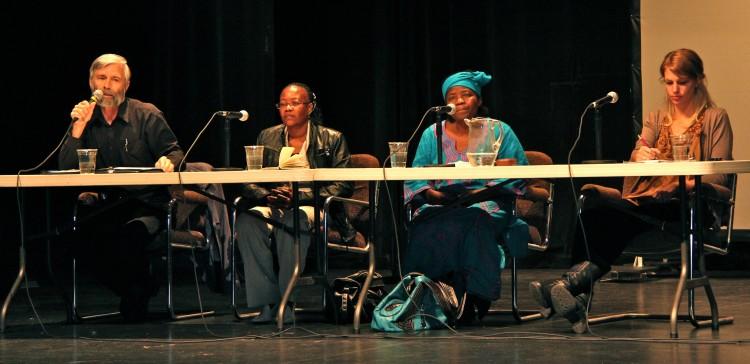WASHINGTON—For most of the in-person absentee voters in Virginia, voting in the general election begins Monday, Sept. 24, marking what will be a particularly testing time for election officials this year.
Changes to voting registration procedures include voter identification requirements and provisional ballots, as well as the actual instructions that go out to the 134 jurisdictions in Virginia.
“After all the preparations we have gone through, it is game time,” said Donald Palmer, secretary at Virginia State Board of Elections.
Palmer admitted that he had no idea what sort of problems he might encounter from the changes, although he feels he has done all within his power to ensure things run smoothly.
Palmer’s uncertainty is reflected in many other states, said Doug Chapin, director of an election administration program at the University of Minnesota.
Palmer and Chapin were speaking at the forum, “Are we ready to run the 2012 elections?” at the Bipartisan Policy Center (BPC) in Washington, D.C., Sept. 19.
Chapin said there is hardly a state in America that has not made some sort of reform to its voter registration system this year, creating headaches for administrators and voters alike.
He said intense political fighting, at both the presidential and the congressional levels, has manifested in “a tremendous state of flux across the country” regarding voting procedures.
Also the editor of the election reform website ElectionLine, Chapin is concerned that fights in some states have not been resolved, despite the commencement of voting.






